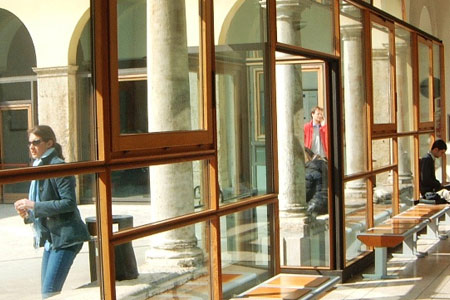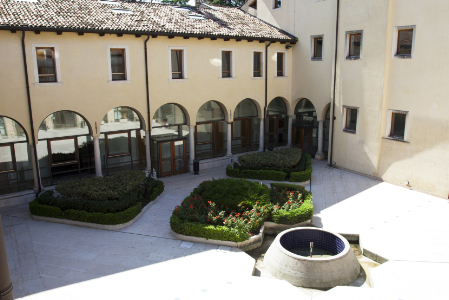The recent conviction issued by the European Court of Human Rights (No. 8 /1/ 2013, Torreggiani and others vs. Italy) against Italy for breach of the Article No. 3 of the European Convention of Human Rights (ECHR) - highlighting the prohibition of inhuman and degrading treatment - states the urgent need to find out structural remedies to the Italian dramatic current overcrowding of correctional facilities.
This “pilot” award, by sustaining the appeal filed with by several inmates - imprisoned within detention areas which are below the European standards and deprived of hot water and accepting enlightment - sentences Italy to refund the personal damage suffered by the plaintiffs and binds it to set forth (Article No. 46 ECHR) by the term of 1 year a legal system of remedies (either preventive or compensative) against the breaches to the Article No 3 of ECHR because to the penitentiary facilities overcrowding, pursuant to the Case Law of this Court. Pursuant to the European subsidiarity principle, the setting up of such remedies is under the power of Italian State under the super vision of the Ministries Committee. Considering the several appeals already filed with and suspended, this award binds Italy to pay out material reimbursements as well as to sustain the risk - because of the current situation of the correctional facilities - of denial of its own requests of active extradition and executions of the European Arrest Warrant, which are determining issues against the organized crime, transnational nowadays. In light of the above considerations the project of research is aimed to define the interventions useful to the “unjailing”, to be defined as the perspective to avoid the detention as well as to encourage the deflation of the inmate population. The area of analysis are two, matching with the law areas concerning the penitentiary overcrowding: on the one hand, the rules of the cautionay detention (inmates waiting for their own judgment), on the other hand, the penitentiary rules (Law No. 354/1975) (inmates executing their own sentence). Both of these set of rules are related to the Constitution at the Article No. 2 (protection of the inviolable human rights) and 27, alinea 2 (presumption of non-culpability) and 3 (interdiction to inhuman treatments and rieducational scope of the sentence) as well as to the Ministries Committee Collections (99)22 and (2006)13.
By abiding by the dicta of the European Court it shall not be unconsidered to propose some amendment for the strenghtening of the jurisdictional protection granted by the procedures in executivis.







